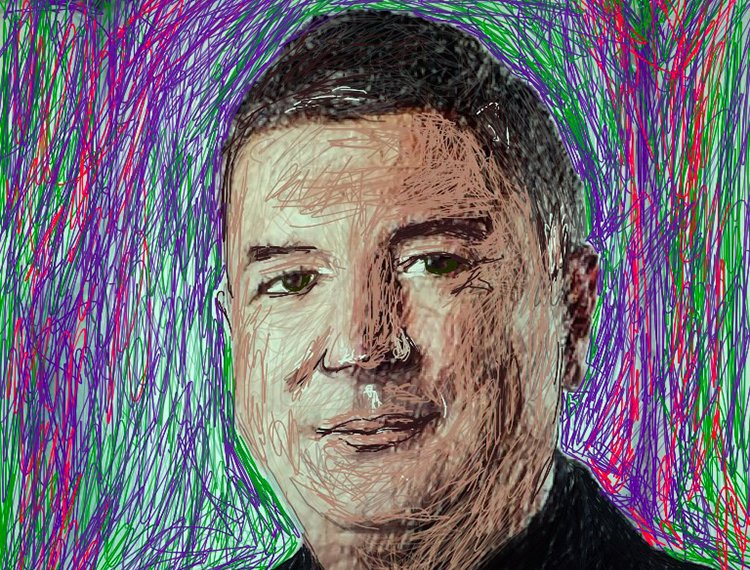
Crypto currencies like Bitcoin has been continuing to favor polarizing acceptance from the financial industry and in the same level, Blockchain technology is gaining worldwide acceptance. Countries like India are coming up with “Bank chain Consortiums” with as many as 27 banks to device Blockchain based banking solutions. It will however be hard to understand the excitement with Blockchain and more importantly, smart contracts, without getting a knowhow of what the technology offers.
The novelty of Smart Contracts is operations getting authorized without requiring third party security and administrative tasks and consequently minimising transaction fees. This gradually weighs less on end users and also the time of processing the associated operations. The centralised networks linked with smart contracts rely on a group of trusted facilitators that will have detailed database of user’s transactions. The stability, accessibility and transparency are further ensured through the public broadcasting of the operation. Herein, the ‘shared’ ledger would be called the ‘Blockchain’, sequencing all verified blocks of records and transactions, time lapsed in progression.
Traditional means of contracts have always been subjected to some degree of uncertainty. Smart contracts however leave minimal space for breaches in agreements. Entrusting networks with agreed terms reduces the chances or time consuming and expensive disputes. As opposed to how the bitcoin technology works, smart contracts are permission-less system, thus filtering out any unauthorised third party from the process.
So, what can smart contracts do?
Coming up with a smart contract ensues that the control will no longer be dependent on a single banking system and interaction will no longer be restricted to centralised banking ledgers. Simultaneously, the process of the contracts can be verified by any network of systems connected to the Blockchain. This network will also be able to record execution while monitoring compliance.
All of the above is an amazing way of revolutionising how the banking system works. The potential users of the system are many wherein property ownership could automatically get transferred after receiving of receipt, securities can be easily traded without depositories and service level credits get automatically paid on reaching the point of violation.
Smart contracts as the future of banking
A banking system designed around smart contract is yet a thing of the future. It will specifically require huge interconnections between banking systems. The only thing that makes it futuristic is the coded system. The pre-ordained certainty makes smart contracts of key advantage. Once we have a properly working code, there will be no further misunderstanding about the intensions and more excitingly, the system can be replicated cost effectively to bring in more players.
Interconnected Blockchain in addition to a language of coding that the public understands would also give rise to competitions. New banking entrants will easily be able to interact with public registers which was previously limited to the official registers. Lastly, private transactions would rely less on the intermediary service providers we have today. Ultimately, it seems to be a more logical process wherein contract execution will get more automated without the need for human interventions and fallacies.

Founder Dinis Guarda
IntelligentHQ Your New Business Network.
IntelligentHQ is a Business network and an expert source for finance, capital markets and intelligence for thousands of global business professionals, startups, and companies.
We exist at the point of intersection between technology, social media, finance and innovation.
IntelligentHQ leverages innovation and scale of social digital technology, analytics, news, and distribution to create an unparalleled, full digital medium and social business networks spectrum.
IntelligentHQ is working hard, to become a trusted, and indispensable source of business news and analytics, within financial services and its associated supply chains and ecosystems




























